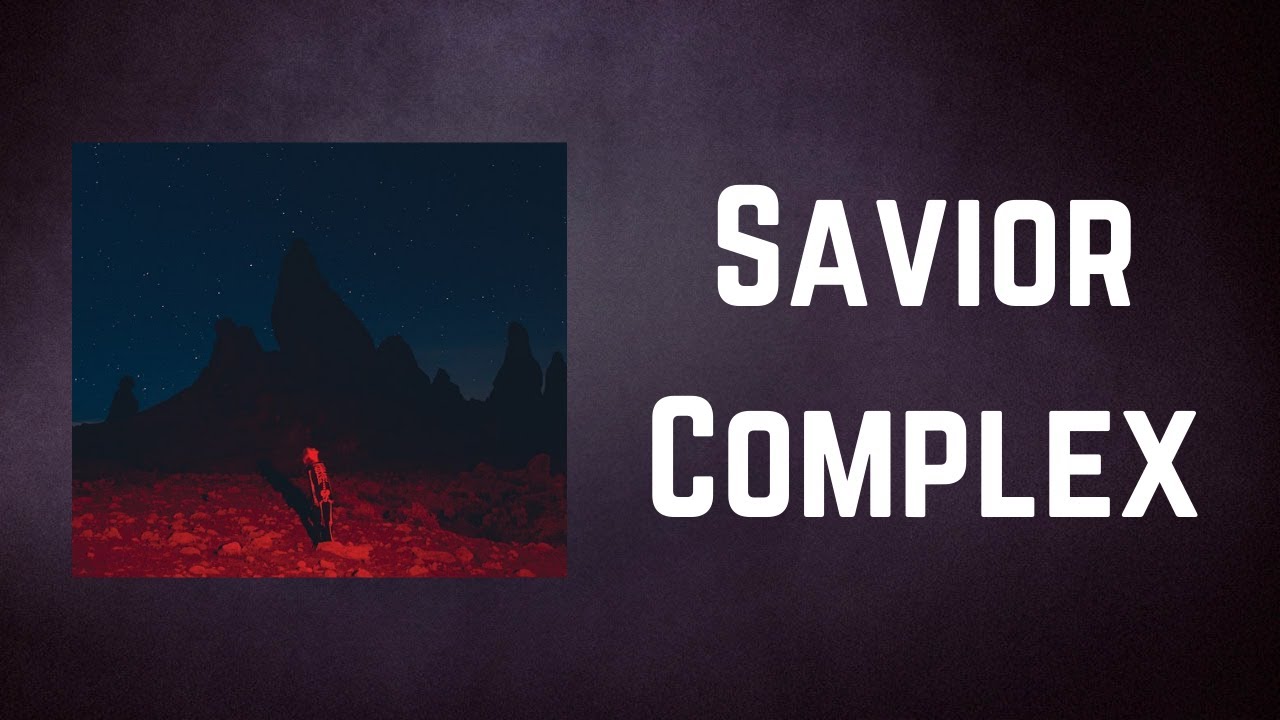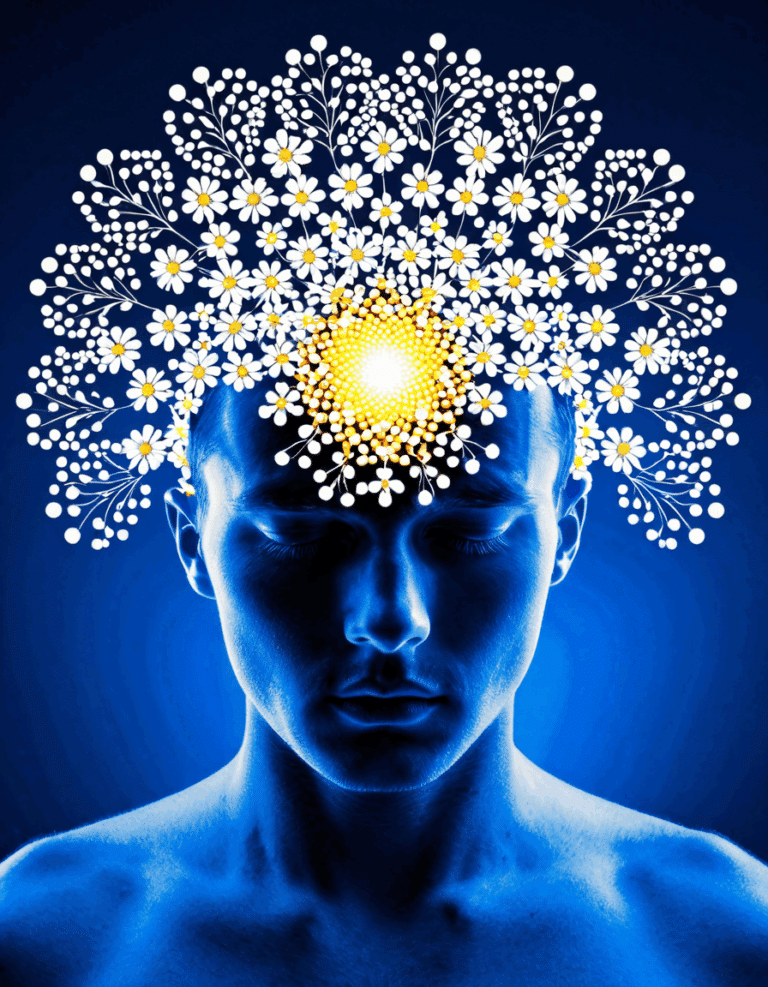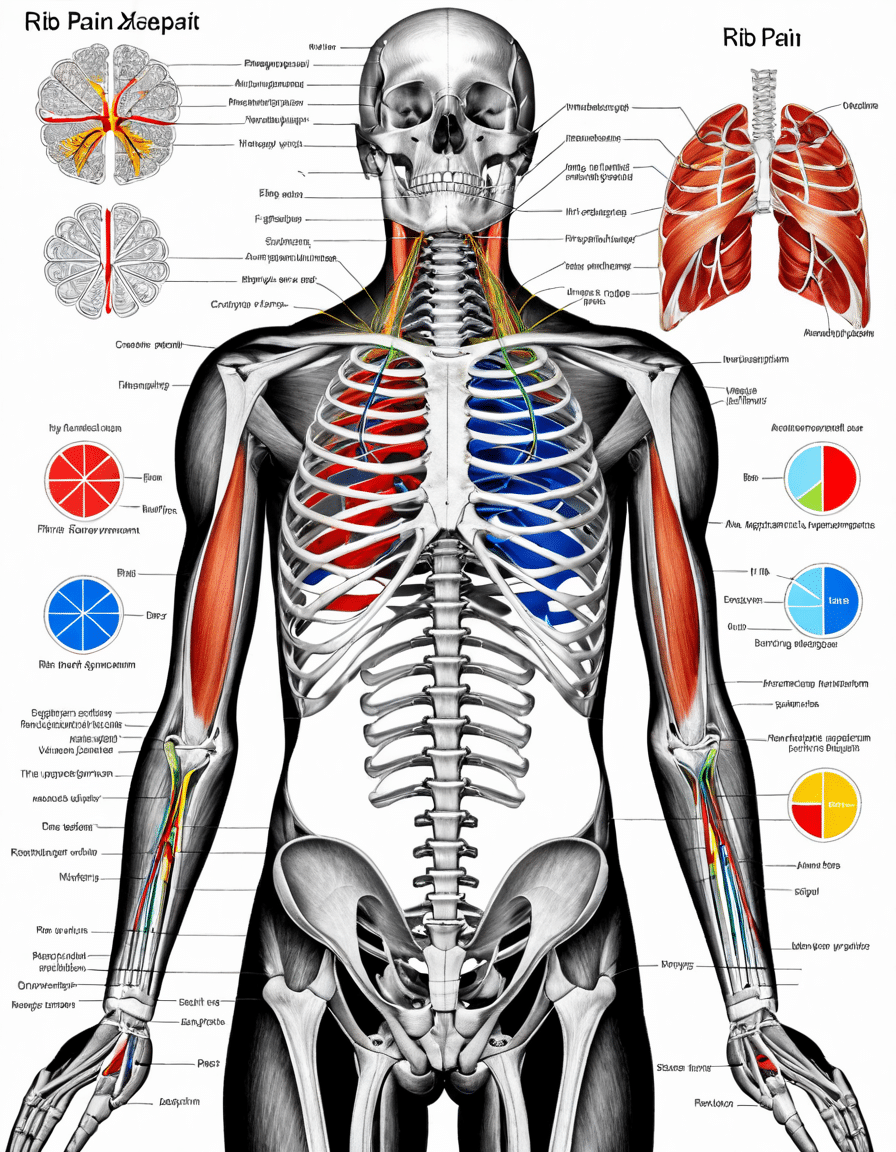Hey there, fitness fans! Today, we’re diving into a topic that might not be as heavy as lifting weights, but trust me, it packs a punch for anyone striving for physical and emotional well-being—the savior complex. This psychological phenomenon can deeply impact relationships, often creating unnecessary strain where support and love should flourish. Just like getting those abs shredded takes hard work and focus, unraveling the layers of the savior complex requires reflection and commitment. So, grab your protein shake, settle in, and let’s get right into it!

What is the Savior Complex?
At its core, the savior complex refers to a mindset where someone believes they’re on a mission to rescue others. This can come from a genuine desire to help, but more often than not, it leads to messier dynamics in relationships. Imagine this: you’re at the gym, pouring every ounce of effort into your workout, but instead of enjoying the burn, you’re sidetracked by a buddy who relies on you for every rep. That’s pretty similar to what happens when someone with a savior complex takes on the responsibility of saving their partner.
Typically, this mindset forms from earlier life experiences. Maybe someone grew up feeling they had to look out for younger siblings, only to find their worth tied to being the “savior” in their family setup. It’s these early traumas that lay the groundwork for unhealthy dynamics in adult relationships. When someone is so focused on saving others, they may neglect their own emotional and physical needs, like that post-workout nutrition we often overlook when we’re caught in helping mode.
The implications are significant, too. By prioritizing others, people with a savior complex often miss opportunities for genuine connection. Instead, their relationships can become more about obligation than real love. This disconnect is important to understand if we want to build stronger bonds—not just with partners, but with friends and family, too.

5 Major Ways the Savior Complex Impacts Relationships
1. Unbalanced Power Dynamics
One of the clearest signs of the savior complex in relationships is unbalanced power dynamics. When one partner takes on this savior role, the other can become overly dependent on their help. As Conners, a renowned relationship expert, points out, this can create a breeding ground for resentment. Picture this scenario: you find yourself endlessly trying to “save” your partner from their mistakes, always swooping in to make things right. Over time, the partner being rescued starts feeling helpless, which isn’t what anyone wants.
This kind of imbalance can lead to feelings of suffocation for both people involved. The “savior” might feel drained, while the rescued partner could feel like their autonomy is stripped away. This push and pull often leaves both individuals emotionally off-balance, which, over time, could make it difficult to find common ground.
2. Emotional Exhaustion in Partners
Let’s talk about emotional exhaustion. Continuous effort to rescue someone can be draining, and Debra Wilson, a clinical psychologist, emphasizes that partners of individuals with a savior complex often feel this burnout. They find themselves perpetually supporting someone who isn’t taking responsibility for their actions. Take Kevin Jonas and his wife, Danielle, for example—they understand the fine line between supporting each other and falling into a savior-need dynamic. Observing this balance is essential for maintaining a healthy and solid relationship.
This exhaustion can lead to a breakdown in trust and communication. Over time, the partner being “rescued” may feel like more of a burden than a beloved companion. When this happens, the relationship can shift from one of mutual support to a one-sided effort that brings unhappiness to both parties.
3. Stunted Personal Growth for the Rescued
Another powerful impact of the savior complex is stunted personal growth for the one being saved. When a partner consistently swoops in to fix problems, it’s tough for the other person to develop their independence. Think of the relationships where individuals lean on partners for validation—like some of Brian May’s past partners who seemed to depend upon his fame for direction in life. This kind of reliance isn’t healthy and often prevents the “rescued” partner from learning essential life skills.
The psychological safety net that comes from always being “saved” robs individuals of the chance to grow, learn, and even fail on their own terms. It’s vital to encourage independence in relationships, pushing both partners to thrive individually, just like we do when training for that next level of fitness.
4. Enabling Harmful Behaviors
There’s often an unintentional enabling of harmful behaviors that comes with the savior mentality. Sometimes, one partner’s attempts to fix another can actually support and condone destructive choices, as Ro Sparks, a therapist, illustrates. Whether it’s substance abuse or a refusal to face responsibilities, partners fixated on saving someone can inadvertently signal that such behaviors are acceptable.
This dynamic is too frequently portrayed in popular media, like shows spotlighting characters tangled in chaotic relationships tied to the desire for validation and rescue. When viewers watch these portrayals, it’s a stark reminder that enabling can become toxic over time—not just for those involved, but for everyone in their orbit.
5. The Role of Breakdowns in Communication
Last but certainly not least, the savior complex can wreak havoc on communication. When the urge to save overshadows the need for candid dialogue, misunderstandings sprout like weeds. Celebrities like Lance Bass and his partner often advocate for solid communication structures in their relationship to counter these pitfalls. If the need to rescue takes center stage, partners aren’t able to share their feelings honestly.
Miscommunication can lead to resentment and frustration, and before long, the warm fuzzies of affection can turn icy. Prioritizing open lines of communication in any relationship is key; it encourages emotional honesty and helps both partners feel valued.

Real-Life Implications in Therapy and Support Settings
In addressing the savior complex, therapy practices, such as those used at the Ogden Clinic, emphasize understanding these dynamics in their sessions. They focus on encouraging clients to recognize unsustainable savior tendencies. Through counseling, individuals learn the importance of setting boundaries and encouraging self-reliance.
Therapists often guide clients through techniques that help individuals articulate their needs while also recognizing when they’re stepping into a savior role. The experience at the clinic helps shed light on the unhealthy cycles that form from the savior complex, inspiring those involved to work towards healthier relationship dynamics.
The Cedarwood Approach to Self-Reflection
At Cedarwood, holistic practices dive deep into grounding and self-reflection. They emphasize mindfulness and meditation to help individuals reflect on their motivations behind the need to “save.” These practices give folks space to discover healthier paths toward forming connections based on mutual support and self-awareness, which are key for personal development.
Participants in these programs often report feeling lighter as they gain insights into their relationships. By understanding the driving forces behind their behaviors, they can genuinely support others without losing themselves in the process. This balance is absolutely essential!

Wrapping Up: Moving Toward Healthier Relationships
Understanding the savior complex is essential for anyone looking to build strong, balanced relationships. When we become more mindful of our savior tendencies, we’re better equipped to communicate openly. Ditching the urge to swoop in helps us foster independence in our partners too, leading to a healthier balance.
Just like in fitness, the journey to emotional health doesn’t happen overnight. It requires patience, effort, and a willingness to reflect on our actions. Embracing mutual support instead of savior dynamics has the potential to rejuvenate our connections. So, let’s lift each other up—just not under the weight of our savior complexes!
Let’s break the cycle together, fostering relationships that are grounded in empathy, independence, and respect. After all, we all deserve connections that empower rather than constrain. Now go out there, stay shredded, and keep your relationships healthy and balanced!

Savior Complex: An Insightful Look into Its Impact on Relationships
Understanding the Savior Complex
Ever heard of the savior complex? It’s a psychological phenomenon where someone feels compelled to help others, sometimes at their own expense. While wanting to save others might seem noble, it can wreak havoc on personal relationships. People with a savior complex might overlook their needs, leading to potential resentment and burnout. In pop culture, we’ve seen characters akin to this archetype, like Chris Makepeace, who straddled roles that often displayed a need to save those around him. Yet, while saving others is often celebrated, the implications on one’s own emotional health can be quite significant.
Shifting gears, let’s dive into some interesting tidbits! Did you know that the effects of the savior complex can surface in various scenarios? For instance, the relationship struggle is often echoed in the world of fame and parenting, much like Bobby Brown’s children, who’ve had to navigate their identities in the shadows of their parents’ legacies. These dynamics can reflect the trials of those caught in the savior role, showcasing that everyone has their burdens, even those seemingly supported by fame and fortune. It’s crucial to recognize that every effort to help has an emotional cost.
Consequences of the Complex
When we think about the savior complex, we can’t ignore its impact on self-worth and mental health. Individuals with this mindset frequently associate their value with how much they can help others, leading to unhealthy dependence. In this light, treatments like galantamine or strategies involving mindfulness can offer pathways for those looking to break this cycle. It’s all about finding that balance and understanding that one’s worth isn’t tied solely to their ability to rescue someone.
Now, let’s not forget the fun aspects of relationships! In a world brimming with choices, like selecting the perfect pellet smoker for a backyard gathering or kicking back with some yerba tea, it’s important to nurture connections without the weight of a savior complex hanging overhead. Busy lives can lead us to assume roles we may not truly want, which highlights the need for healthy communication—just like Erica Mena navigated her relationships on “Love and Hip Hop,” intertwining love with personal growth and challenges.
In summary, unraveling the savior complex can lead to healthier relationships and better emotional well-being. So, next time you feel that urge to save someone, take a step back and ponder: Is it really helping, or is it just complicating things? After all, like in a thrilling soccer match between Barcelona vs Juventus, it’s all about teamwork, support, and knowing when to step back. By recognizing these patterns, we can work towards not only saving others but also saving ourselves.

What trauma causes a savior complex?
Trauma that can lead to a savior complex often stems from childhood experiences like early abandonment, trauma, or a sense of needing to parent siblings. When kids take on adult responsibilities too soon, they might grow up feeling they need to save others to feel valuable.
Is the savior complex toxic?
A savior complex can definitely be toxic, especially when someone overextends themselves for those who don’t appreciate their efforts. This can lead to feelings of being used or abused, which isn’t good for their mental health over time.
Is a savior complex selfish?
Though the savior complex is about helping others, it can be seen as selfish if it distracts from one’s own well-being. In the end, the focus should be on a healthy balance between caring for others and caring for oneself.
What is the difference between a hero complex and a savior complex?
The hero complex is more about seeking validation and wanting recognition for heroic actions, while the savior complex digs deeper into emotional needs and often arises from unresolved issues or trauma.
Is a savior complex a mental illness?
A savior complex isn’t classified as a mental illness, but it can be a behavioral pattern shaped by past experiences. It reflects deeper emotional struggles rather than a diagnosable condition.
What causes white knight syndrome?
White knight syndrome typically comes from a desire to rescue someone who seems vulnerable or in trouble, often tied to the need for validation or a sense of purpose, similar to the savior complex but more focused on romantic and heroic rescues.
What is the savior complex personality type?
Someone with a savior complex often exhibits traits of being overly empathetic, feeling responsible for others’ well-being, and gaining their self-worth from being the helper or caretaker in relationships.
What does the Bible say about the savior complex?
The Bible teaches about selfless love and helping others, but it also emphasizes the importance of not overextending oneself to the point of neglecting personal health or boundaries, which can align with the traits seen in a savior complex.
How to fix a savior complex?
Fixing a savior complex involves recognizing the pattern, setting healthy boundaries, and prioritizing self-care. It’s about learning that you can help others while still taking care of yourself first.
What is the root cause of Saviour complex?
The root cause of a savior complex usually comes from childhood experiences of trauma, abandonment, or having to take on caregiving roles at an early age. These experiences can create deep-seated needs to feel valued through helping others.
What is a god complex called?
A god complex is often referred to as a superiority complex, where a person feels an inflated sense of their own importance and ability to control outcomes, which is different from a savior complex focused on helping.
Is savior complex codependency?
Yes, a savior complex can be tied to codependency as it often involves an unhealthy reliance on others for one’s sense of self-worth, leading to a cycle of giving without receiving appropriate recognition or care.
How do you address a savior complex?
Addressing a savior complex involves a mix of self-reflection, therapy, and learning to set boundaries. It’s crucial to recognize that helping others shouldn’t come at the cost of your own happiness.
What do you call someone with a savior complex?
A person with a savior complex can be called a “savior” or “rescuer,” but these terms often come with the understanding of their motivations and emotional needs, not just their actions.
What is Saviour complex in romantic relationships?
In romantic relationships, a savior complex can lead someone to take on a caretaking role, often neglecting their own needs or fostering an unhealthy dynamic where one partner feels responsible for “fixing” the other.
Is the Saviour superior to the killer?
The question of whether the savior is superior to the killer could be more philosophical, touching on morality and ethics. It’s not a clear-cut comparison; it often depends on context and the moral framework in question.
What is the savior complex of BPD?
In individuals with Borderline Personality Disorder (BPD), the savior complex can manifest as a strong need to help others to mitigate their own fear of abandonment or to gain validation from those they’re trying to help.
What is the difference between savior complex and martyr complex?
The savior complex and martyr complex differ in focus: the former seeks to help others for emotional comfort and validation, while the latter often finds value in suffering or sacrificing oneself, sometimes without the intention of help.
Can you have a victim and savior complex?
Yes, it is possible to have both a victim and savior complex. Someone might feel victimized in their own life while simultaneously trying to rescue others, creating a complicated emotional dynamic.
What is the root cause of the savior complex?
The root cause of the savior complex generally lies in past experiences, particularly those from childhood, where a person learned that their worth was tied to helping others or rescuing them from difficult situations.
What are the roots of savior complex?
The roots of the savior complex are typically found in early life experiences, such as trauma, abandonment, or being put in caregiving roles, which shape the way individuals perceive their value in relationships and the world.
What is a complex trauma survivor?
A complex trauma survivor is someone who’s been through multiple traumatic experiences, often leading to a variety of emotional and psychological challenges. This can influence their relationships and coping mechanisms.
What causes hero complex?
The hero complex is usually fueled by a strong desire for recognition and validation from others, often seeking to be seen as a hero in various situations, which can stem from insecurities or a need for approval.


























